Certification

NACC certified chaplains are Roman Catholics who demonstrate proficiency in Catholic theology and spiritual care praxis, as well as competence in the areas of Theory and Practice, Professional Identity and Conduct, Professional Practice Skills, and Organizational Leadership. These national qualifications are approved by the United States Conference of Catholic Bishops Subcommittee on Certification for Ecclesial Ministry and Service.
The certification process is carried out by NACC staff and the NACC Certification Commission. Certifications must be renewed every five years. Ecclesiastical endorsement is required for all NACC certifications.
Certification through the NACC substantiates the quality and depth of your pastoral ministry skills and raises your level of professionalism. Many employers either require certification as a term of employment, or heavily favor certified candidates in their hiring decisions. Certified chaplains generally receive higher compensation packages and career advancement opportunities.
The NACC currently offers two types of certification for active Chaplains.
Board Certified Chaplain (BCC)
Board Certified Chaplain (BCC) is the highest level of certification in chaplaincy. It signifies to employers and colleagues that you have completed a rigorous course of study and preparation, demonstrated professional competence, and are committed to continuous education and professional development. Board certification is required for most full-time chaplaincy positions.
Learn More about Board Certified Chaplain (BCC)
Certified Associate Chaplain (CAC)
Certified Associate Chaplain (CAC) provides a national certification for spiritual care ministry but does not require the credentials required for Board Certification. The CAC is encouraged for those working per diem, part-time, or as on call chaplaincy. It is also encouraged for full time ministry/chaplaincy in areas such as prison ministry, ministry to first responders, or port ministry. Most ordained permanent deacons meet the educational prerequisites to apply for CAC certification based on their diaconal formation program.
The NACC currently offers two certifications for chaplains working in a specialized setting.
Board Certified Chaplain for Veterans Affairs (BCC-VA)
Priests who work in a Veterans Affairs facility, and who meet all other criteria for board certification may become board certified with a specialty in Veterans Affairs. This specialty certification has several additional requirements that are specific to their unique work with our Veterans.
Learn more about Veterans Affairs (BCC-VA)
Palliative Care and Hospice Advanced Certification (BCC-PCHAC)
Palliative care and hospice literature continues to demonstrate positive outcomes for patients and families who receive specialized care. The NACC recognizes the expertise, specialized skills, advanced education, and unique experience of professional palliative care and hospice chaplains with an advanced certification beyond the BCC designation.
Board Certified Chaplains who successfully complete the advanced certification process are designated as BCC-PCHAC (Board Certified Chaplain – Palliative Care & Hospice Advanced Certification). Obtaining PCHAC signifies that the chaplain has mastered the spiritual care competencies necessary for palliative care/hospice, including end-of-life care and care of those with life-limiting conditions.
Learn more about Palliative Care and Hospice Advanced Certification (BCC-PCHAC)


